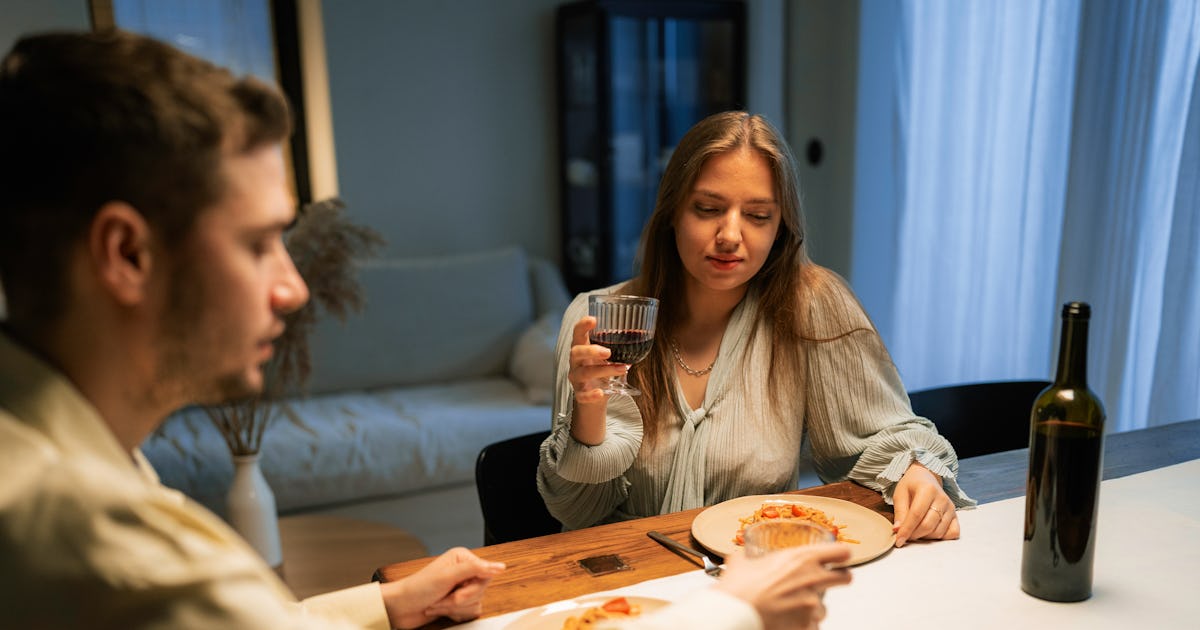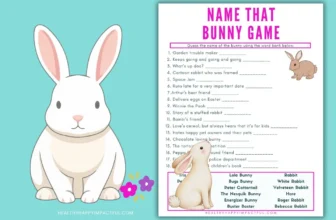
There was once a time when gaslighting wasn’t a term we all just knew and understood, but today it’s part of our shared lexicon when talking about relationships. Now, enter “floodlighting.” While they sound similar, they’re two very different things, though both can have majorly negative impacts on intimate partnerships. We asked licensed therapists and relationship experts: What is floodlighting in a relationship? How can you tell when someone is floodlighting, or just trying to be vulnerable? Why do we do it, and how do you stop it if you realize you’re doing it?
What is floodlighting in a relationship?
Floodlighting is when someone shares intense, traumatic, or deeply personal information early on in a relationship, before there’s been time to build trust or mutual emotional safety, according to Viviana McGovern, LMFT, CEO and clinical director at Full Vida Therapy. “It can look like vulnerability on the surface, but it’s often more about unloading emotions than creating true connection with another person,” she says.
It’s not necessarily something people do with bad intentions, experts say. “It can be a way of seeking reassurance, managing anxiety, or fending off potential rejection. It can be a way to push for intimate connection before it can naturally develop. Often, people with trauma that hasn’t been worked through aren’t sure how to build a secure connection. The person may yearn for closeness and may reveal too much, too soon,” says licensed clinical social worker and relationship therapist Judith Aronowitz, RN.
You’ll know floodlighting is happening when the person you’re dating (or you) shares something difficult, like maybe a traumatic history, early in the dating process, Aronowitz says. Instead of feelings of understanding or support, you’ll sense “a feeling of anxiety in the air.” You should also pay extra attention if the sharing feels one-sided and leaves the listener overwhelmed or feeling responsible for the sharer, McGovern says. Both experts agree that genuine vulnerability, at the right time in the relationship, will feel natural and like a two-way street.
Why Floodlighting Is Bad For Both Parties Involved
Aronowitz says floodlighting is a red flag that the person oversharing doesn’t have great boundaries, explaining, “Relationships and trust need to build over time. Going slowly to get to know someone and reveal personal information [is what] builds a sense of safety.”
She also warns that it can cause a weird emotional dynamic. “Oversharing may leave the sharer too open and unprotected, leading to feeling too vulnerable too early in the relationship. An imbalance can get created where the person sharing is more fragile and the other seen as a caretaker,” she explains. This sort of emotional imbalance can really wear on a relationship over time, McGovern says, so it sets up your partnership for trouble from the beginning.
How To Stop Floodlighting — Including If You’re The Guilty Party
Listen, we’ve all cringed when we realize halfway through speaking that we’re definitely in TMI territory and wish we could backpedal. If you do this often in dating, however, it could be that you’re (unintentionally!) floodlighting. It’s not only helpful for your romantic life to figure out why, but it can help you heal something inside yourself, too.
“First, don’t beat yourself up because this usually comes from past hurt or attachment wounds,” says McGovern. “If you catch yourself trauma dumping or sharing a lot too soon, try slowing down and checking in with yourself. Ask, ‘Why am I sharing this right now?’ and ‘Do I feel emotionally safe and grounded?’ Therapy is a great place to unpack this kind of pattern and learn how to share in a way that builds healthy connection, especially with a therapist who specializes in trauma and attachment wounds.”
“Some people confuse emotional exposure with connection. It’s important to understand why you are sharing personal information. Are you desperate for connection? Are you constantly looking for reassurance, or do you need to be externally validated?” says Aronowitz. “Try and slow down before you share your story. Allow the relationship to grow and deserve your vulnerability. Think about your history and work it through with a professional. Practice good self-care and self-love instead of seeking it externally.”
If the person you’re dating is oversharing, you could try gently establishing some boundaries, Aronowitz says. “You can start by validating an experience, like ‘that must have been hard, painful, or difficult for you.’ You could ask if they are sure they want to share these experiences now, as you don’t really know each other that well. You might try to steer the conversation to more neutral topics. You can encourage someone speak to a professional if that makes sense.”






